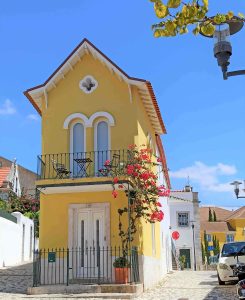Tips on learning Portuguese
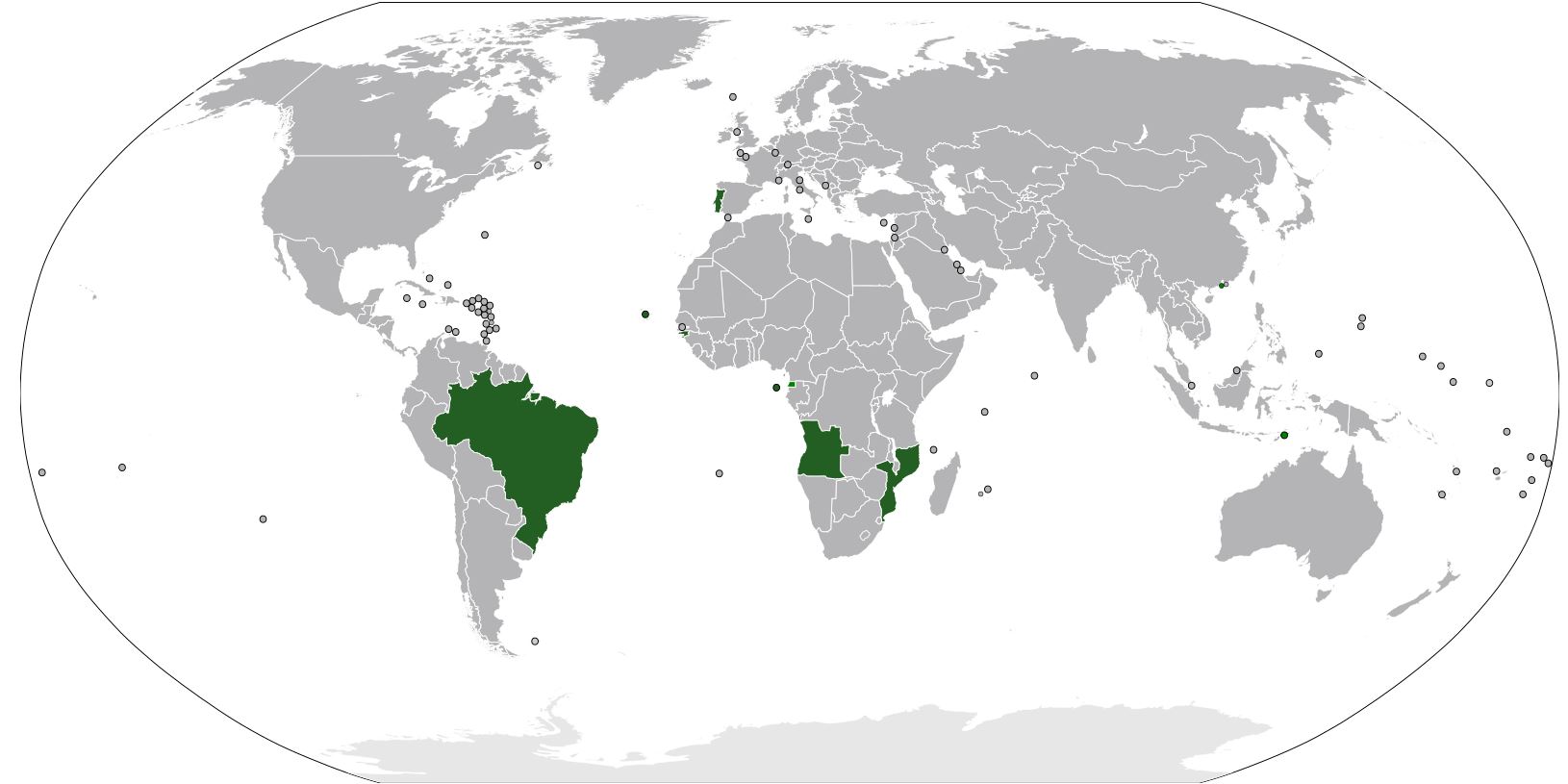
Learning Portuguese is just like learning any new skills: it takes time and determination. Often times you will not be aware that you are improving until one day you are speaking it fluently! Below is my list of tips that can help you in your quest of learning Portuguese
Which to choose: Brazilian or European Portuguese?

Any person interested in learning Portuguese have asked themselves the question: “Should I learn Brazilian or European Portuguese?” While every person’s situation is unique, and that there are no absolutes, generally speaking I would recommend learning European Portuguese first. Even though Brazilian Portuguese is easier to learn!
This surely surprises people, “Why go for European Portuguese if it is harder?”. I have two reasons to give: firstly, while the learning curve for European Portuguese is somewhat steeper, it is easier to move on to Brazilian Portuguese: as you only have to tweak the pronunciation. If you learn Brazilian Portuguese first, there is a high risk that you would still not understand European Portuguese, just like the many native Brazilians struggle to understand the locals when visiting Portugal.
Secondly, Brazilian has a more nuanced and diverse language. Brazilian can be itself divided in three different languages: you have the Vernacular Brazilian Portuguese (VBP), Prescriptive Portuguese and the Standard Brazilian Portuguese. Depending on if the context is formal, informal or if you are writing or speaking, Brazilians will shift their grammar and vocabulary to fit the context. For a foreigner, it might be difficult to have to distinguish these different languages. However, the formal settings or written contexts resemble is close to the European Portuguese, thus making it easier for native Portuguese to learn to “speak” Brazilian as opposed to Brazilians trying to speak European Portuguese.
My tips on improving your Portuguese
Depending on if you are just starting off or if you are already speaking some Portuguese, and also depending on what type of person you are, the following tips might be more or less of help to you. However, I recommend you try all of these as they have helped me in my learning journey.
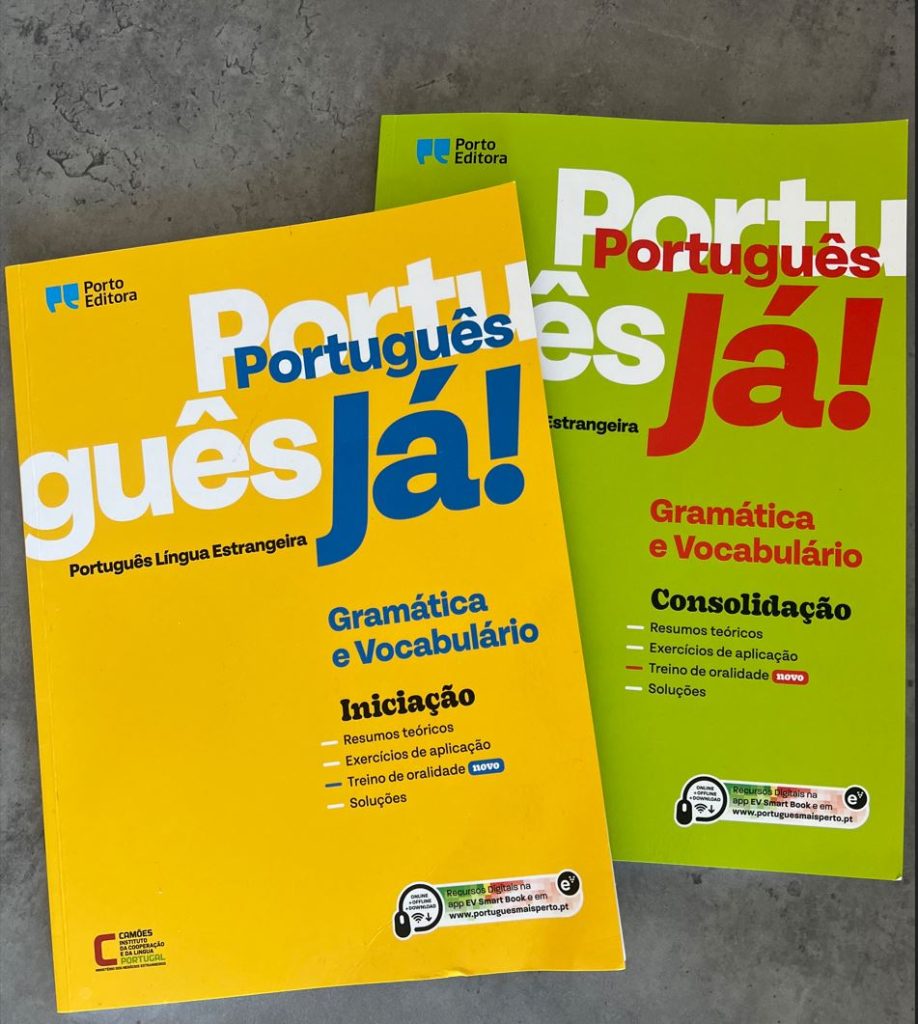
Buy textbooks and fill them out!
Just like crossword puzzles or colouring books can be meditating for the mind, I have found that language textbooks have the same effect.
I am always travelling, and I usually bring one textbook on the plane: it is a nice way to kill time, and they are very helpful to keep around. Usually when you are unsure about a grammar rule or etc. you might remember seeing it in one of your books, thus they are always good to have around at home to flip through.
I used the ones shown next to this text, “Português Já!” both the one for beginners “Iniciacão” and the “Consolidacão” which is the advanced one. These come with a QR-code so you can access audio files online to practise your listening skills.
If you are looking to buy books online, I recommend the platform Wook.pt below is the link for the textbooks I used:
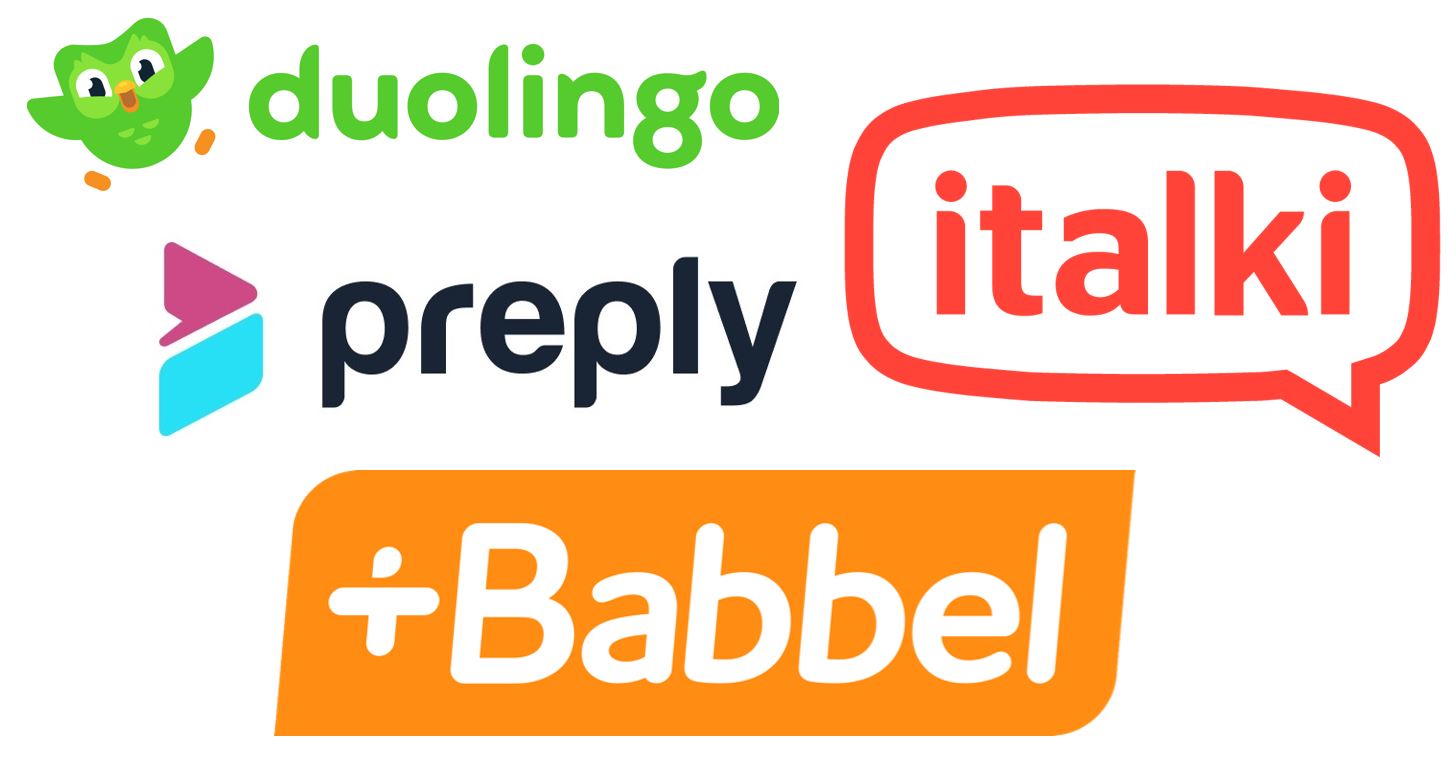
Use learning platforms, free or paid
What determines if a person will be successful in their learning journey is usually one thing: consistency. And what better way to keep the learning as a daily activity than using a learning platform on your phone (or laptop)? I use Duolingo daily, however, the app only offers Brazilian Portuguese: this is an OK compromise considering that the platform is completely free, and the grammar is not that advanced.
Another platform I have used is Preply: it is a platform for online 1-1 classes with a teacher. What I like about the app is that you can sort the teachers according to price as well as Brazilian or Portuguese native speaker. Usually, the Brazilian teachers are way cheaper than the European counterparts, and it can be tempting to go for them: bear in mind what I wrote earlier!
While it can feel strange to spend money on a learning platform like Preply or iTalki, remember that there is a lot of value in these private classes, and in my opinion, in life, you should not cheap out when it comes to personal growth (think of a gym membership or a university course).
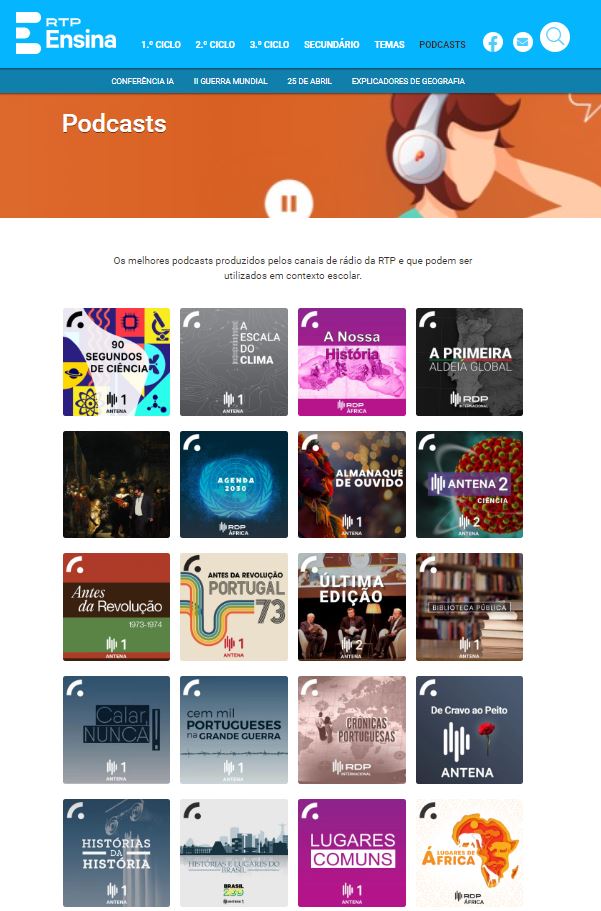
Improve your listening with Portuguese media like podcasts, films or series
Portugal is not like the US when it comes to mass-producing entertainment. However, there are ways to expose yourself to Portuguese culture in order to improve your listening skills. I can recommend RTP which is the Portuguese state radio company. They have both an app and a website where you can access news, documentaries, interviews as well as podcasts. They also have a version for the Portuguese school kids, RTP Ensina: this can be fantastic for people that have just started out to learn and have a limited vocabulary still.
If you are more into films and series, I can recommend the show Gloria that is on Netflix right now (might not be accessible to non-European users). However, you also have shows and films on RTP Play
Worth to point out is that access to RTP is completely free and accessible from outside of Portugal!
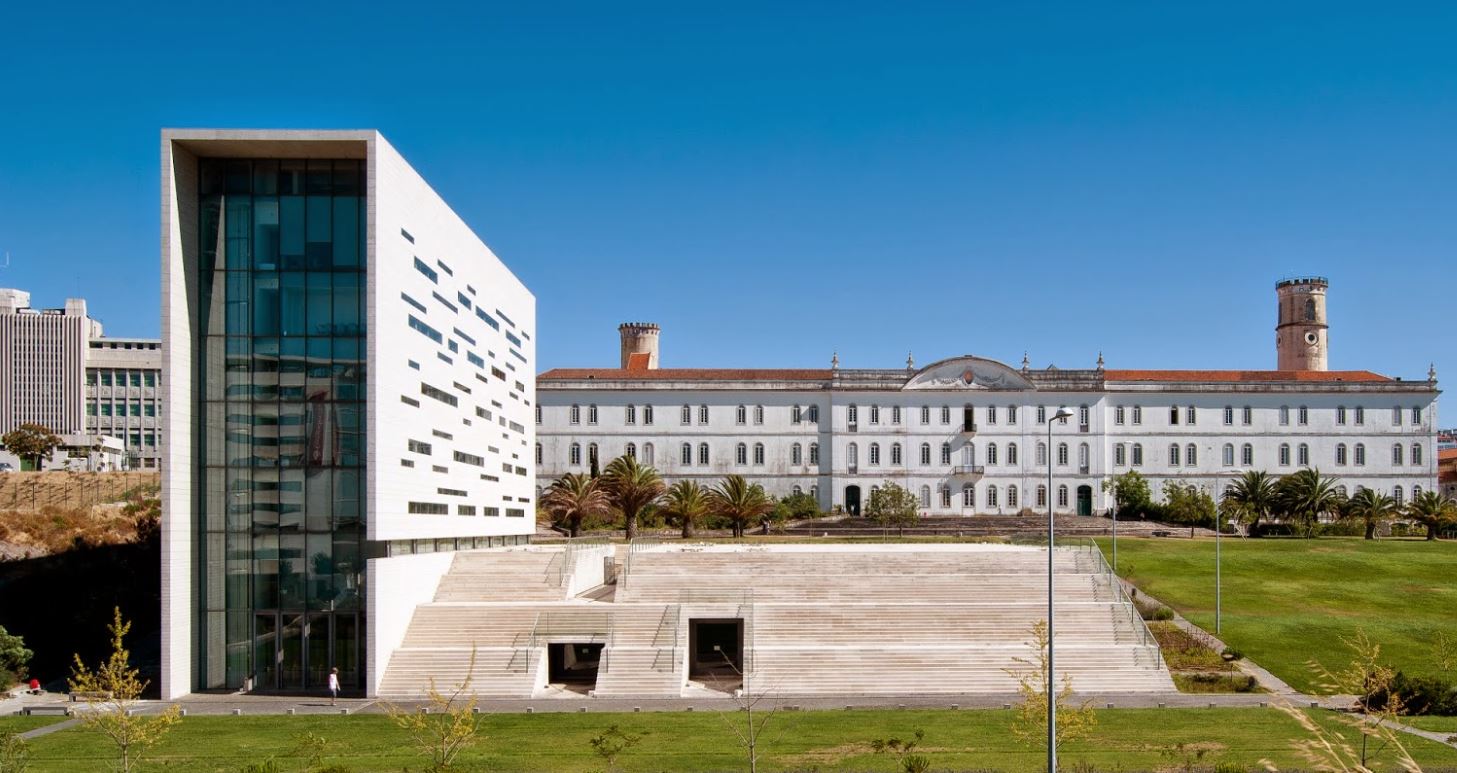
Enrol in a Portuguese class
While the tips above can be of great help, the single best way, I believe, to learn any language is to be part of a class. You get the chance to speak to other people who are at the same level as you so you don’t feel like you have to be ashamed of your accent, enticing you to speak more. Another good aspect of being in a class is that you can share experience and doubts on certain aspects: many times you will be unsure on some grammar or vocabulary, the classroom becomes your go-to place then to ask these questions.
If you’re already living/studying in Portugal, I recommend having a look at these institutions that offer in-person classes in Portuguese:
In Lisbon:
- University of Lisbon (free for Erasmus)
- Lusa Language School
- Português Et Cetera
- Cesa Language abroad
- Lisbon Language Café
In Porto:

